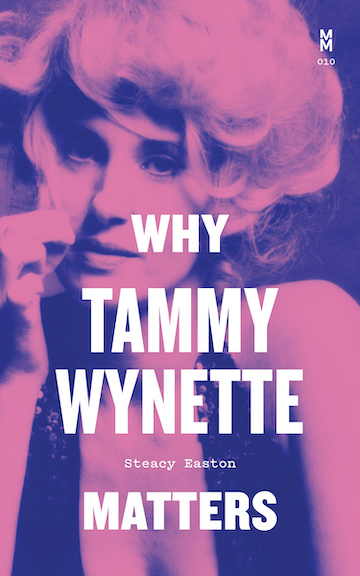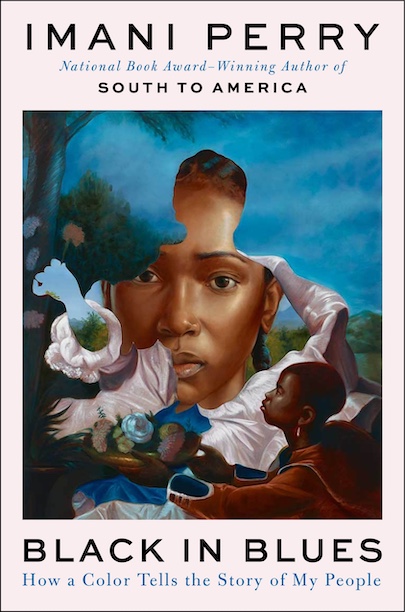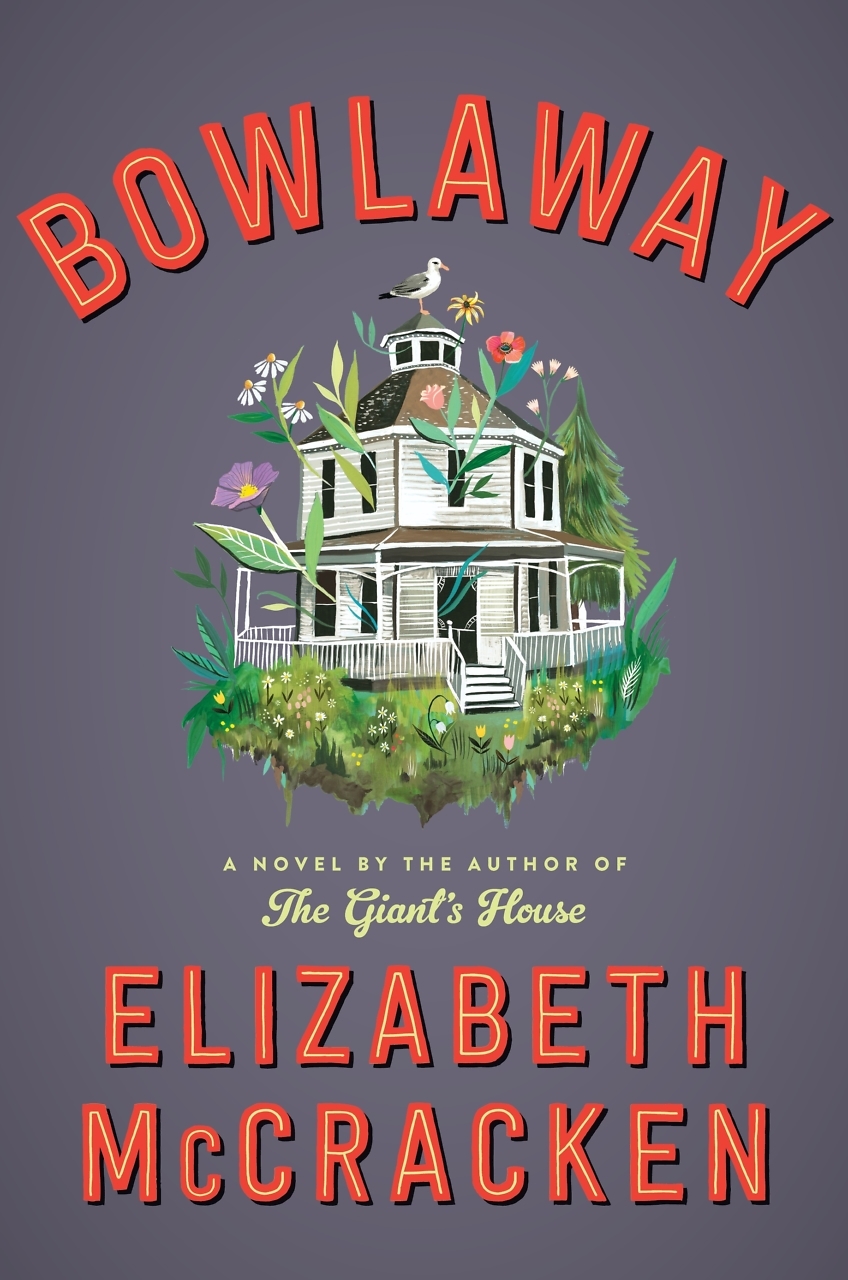Football Frivolity
Inman Majors skewers SEC football in Love’s Winning Plays, a gem of a comic novel
Gridiron. Now there’s an interesting word. Synonymous with “football field,” it also sums up the essence of the sport: a mixture of precise geometry and unyielding heavy metal. To critics, football may be no more than a show of brute strength supplemented by parking-lot grilling recipes. But to the true fan, the sport offsets physical power with the creative application of intricate geometric precision. Baseball—much celebrated in American literature—is a game of thinking and staring, artful spitting and casual jock adjustment. Football—much ignored by American literature—is, in contrast, a game of bluster and feint, deadly power and delicate ballet. At least on the gridiron. Off the gridiron, fan and critic alike can agree that football is more than a little crazy. At least in the South, where football is played, hyped, and overhyped within the colleges of the Southeastern Conference, with widespread fervor that might best be described as mass cult behavior.
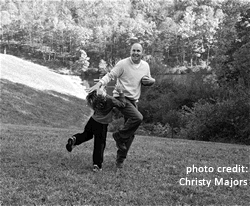 Inman Majors, author of three previous novels, is no stranger to the hype. He is a Vanderbilt graduate who grew up in Knoxville as a member of what one reporter called “the most famous football family in UT Vol history.” Majors has poured his understanding and evident love of the game into Love’s Winning Plays, one of the finest, funniest, and most uniquely Southern novels ever to consider the game of football. It is a gem of a comic novel, so laugh-out-loud funny that readers might not even notice that it also captures the essence of the sport with humanity and grace.
Inman Majors, author of three previous novels, is no stranger to the hype. He is a Vanderbilt graduate who grew up in Knoxville as a member of what one reporter called “the most famous football family in UT Vol history.” Majors has poured his understanding and evident love of the game into Love’s Winning Plays, one of the finest, funniest, and most uniquely Southern novels ever to consider the game of football. It is a gem of a comic novel, so laugh-out-loud funny that readers might not even notice that it also captures the essence of the sport with humanity and grace.
The title, like many of the lines in the book, is a play on words. The story concerns Raymond Love, a non-coaching graduate assistant for an SEC football team at a fictional university. Love, like the author, hails from a football family and is vying for a position as a coaching graduate assistant—a step up from his current role of gopher. He keeps a notebook of offensive strategy labeled “Love’s Winning Plays.” But he is also smitten with a young woman who seems intent on embarrassing him in front of her book club, a group that gravitates toward romantic novels set in Europe, of the sort that feature recipes at the end of each chapter.
A recurring issue throughout the novel is Love’s refusal to answer the romantically intrusive “Discussion Question # 8” from the back pages of a novel called The Bon-Bon Girls. It’s not that Love is a stereotypical non-reading jock; it’s that Love has little tolerance for recipes as literature. There is a romantic complication in the form of a grad-school friend who seems to be vying for Love’s attention, but even with two women apparently interested in him, Love’s inherent shyness—what one coach calls a lack of gumption—seems destined to leave him losing at love.
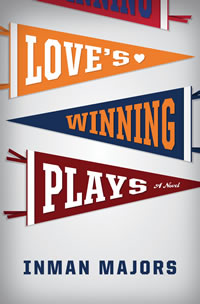 The events of the novel take place during an off-season event known as “The Pigskin Cavalcade,” an annual summer tour of small-town fans and big-money boosters by the coaching staff. Head Coach Von Driver is “the epitome of the new breed of corporate businessman as head coach,” Majors writes, “deadly serious and speaking in punchy sound bites like someone practicing to be a motivational speaker.” Coach Driver summons Love to his office one day for what Love hopes is his chance to seal the deal with the coaching assistantship. But the head coach, while listening naked to Bon Jovi recordings, delivers a special charge: Love is to escort an aging and much-loved assistant known as Coach Woody, a former football star, throughout the Pigskin Cavalcade, driving him to dinners and donor golfing events while keeping him out of jail and out of the newspapers. This proves a tall order.
The events of the novel take place during an off-season event known as “The Pigskin Cavalcade,” an annual summer tour of small-town fans and big-money boosters by the coaching staff. Head Coach Von Driver is “the epitome of the new breed of corporate businessman as head coach,” Majors writes, “deadly serious and speaking in punchy sound bites like someone practicing to be a motivational speaker.” Coach Driver summons Love to his office one day for what Love hopes is his chance to seal the deal with the coaching assistantship. But the head coach, while listening naked to Bon Jovi recordings, delivers a special charge: Love is to escort an aging and much-loved assistant known as Coach Woody, a former football star, throughout the Pigskin Cavalcade, driving him to dinners and donor golfing events while keeping him out of jail and out of the newspapers. This proves a tall order.
Here’s Love checking on Coach Woody at home the night before departure, after an attempted phone call is answered only by what sounds like (and later proves to be) a panting dog:
The directions he’d gotten from the computer led him to a small subdivision of sixties-style houses out on the west side of town. Two quick turns on dark and silent roads led him to the driveway of a brick rancher which looked in the blinding glare coming from its exterior lights, its windows, its wide-open front door, like a small casino set down in a suburban desert. Even with the windows up in his car, Love could hear music blaring from the house, if opera could fairly be said to blare. The singer was quavering in Italian to the world at large and Love had the sudden impression that at any moment this house would rise up and begin floating through space, a brilliantly illuminated ranch spaceship, manned by a panting dog in a space helmet, the American Laika who so loved his telephone and his opera.
Coach Woody proves to be the first of several wonderfully comic characters that will be familiar to those who follow football: the self-important sportswriter/blogger who doesn’t really care for the game, the wealthy donor intent on reliving his own (wholly imagined) football glory, the bored coach’s wife who chases gin and male company on team trips. And yet none of these remain the caricatures they at first appear to be: as they interact with Love, the reader begins to see each of them as a wholly realized, somewhat imperfect human. When these humans are thrown together in a progression of scenes that become a comedy of errors worthy of Shakespeare, the humor comes together in a geometrically precise, unstoppable blitz, carrying the reader giddily to the goal. And the novel’s postscript, the funniest collection of “Questions for Discussion” ever printed at the back of any book thus far published in English, serves as a fitting point after.
Majors will read from Love’s Winning Plays at Union Ave. Books in Knoxville on September 20 and at the twenty-fourth annual Southern Festival of Books, held October 12-14 at Legislative Plaza in Nashville. All events are free and open to the public.
